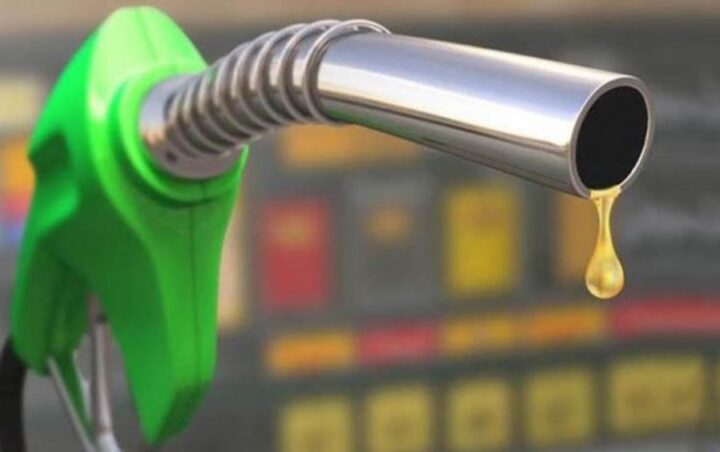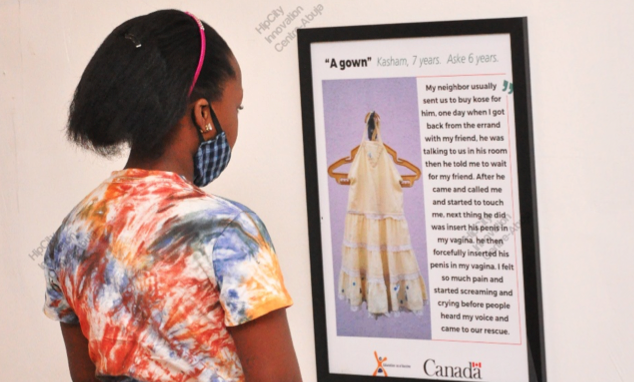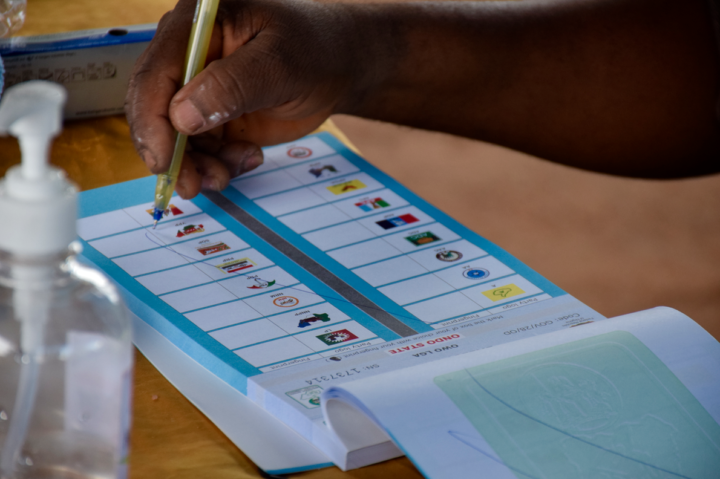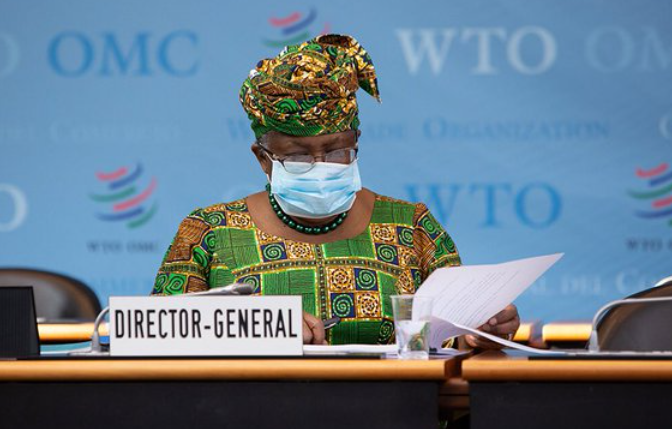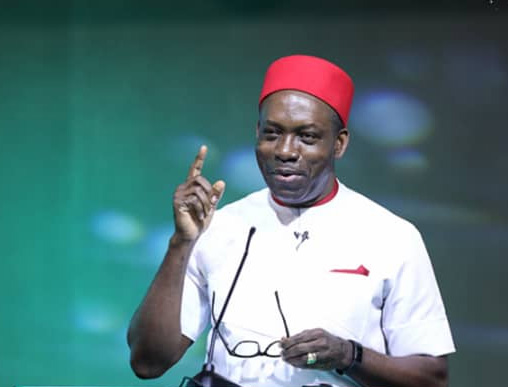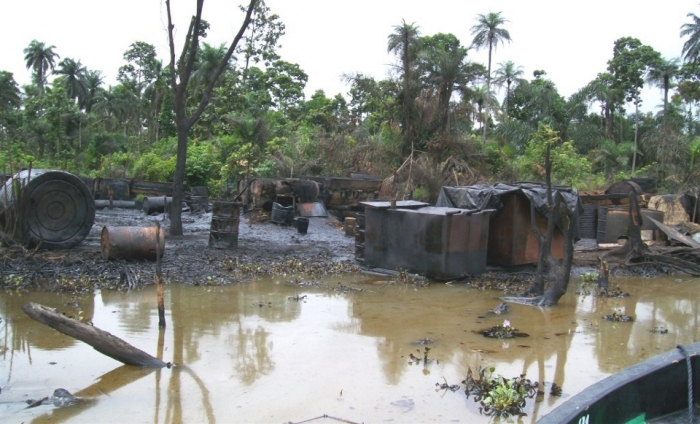BY AFOLABI FARAMADE
At present, there is a raging controversy in the public domain on the need to increase the pump price of premium motor spirit otherwise known as petrol. In a recent press statement, the NNPC group managing director, Mele Kyari, said the current price of the commodity has become a big burden and unsustainable due to the gap between it and the actual market price. While the pump price is #162 per litre, the actual market price, according to him, is between #212 and #234. There is certainly no doubt that every Nigerian citizen is a stakeholder in NNPC affairs. This is because of the crucial role which fuel plays in driving virtually all aspects of the economy. Fuel is the lifeblood of the economy.
However, Nigeria is in a very precarious situation. Despite being one of the leading oil-exporting countries, Nigeria is the only OPEC member which is unable to refine its crude oil for local consumption. All the four refineries in Port Harcourt, Warri, and Kaduna are dead. For nearly three decades now since the Sani Abacha era, Nigeria depends solely on imported fuel. Yet, the government is still holding on to the moribund refineries for inexplicable reasons. This unfortunate scenario has subjected the local price of fuel to frequent fluctuations vis-à-vis the price of crude oil in the international market. Once the price of crude oil goes up, the pump price of fuel has to be increased. The situation becomes more complex due to the exchange rate of the naira to the dollar.
Since the return to democratic rule in 1999, the pump price of fuel has been increased several times under the guise of deregulation. This has impacted negatively on the standard of living of the people, especially the poorest of the poor. Meanwhile, the standard of living continues to decline while the poverty level has climbed up. More than two-thirds of the entire population of 200 million people live in misery and abject poverty.
Nigeria is regarded as the “poverty capital” of the world. The situation in the country is indeed a paradox: poverty in the midst of abundant natural resources. The continuous importation of fuel has led to series of deregulation in the downstream sector under successive administrations, yet there is no stability in fuel price. Over the years, an increase in fuel price has led to an inflationary trend and all citizens have to bear the consequences of wrong fiscal and economic policies.
Advertisement
For a very long time, Nigeria’s economy has remained very weak and fragile to external shocks. The economy is import-dependent. It is burdened with population explosion, huge debt profile, high cost of governance, hyper-inflation, endemic corruption, low value of the naira, and high level of unemployment. The manufacturing sector operates in a very difficult terrain. It has to grapple with high production costs. These include foreign exchange for imported raw materials and power generation.
In spite of the privatisation of the power sector, the power supply is erratic. Every manufacturing company has to generate its own power at a huge cost. Under the present administration, the economy has experienced two recessions with devastating effects on the citizens. The Covid-19 pandemic further worsened the situation with the attendant economic slowdown and a sharp drop in oil prices in the international market. It is just recently that oil prices have started to pick up.
In the final analysis, it is obvious that with the dire situation in the country, Nigerians can no longer breathe due to economic suffocation. The people have to contend with low purchasing power. Any increase in the pump price of fuel will lead to an epidemic of poverty, severe hardship, and desperation. In recent years, criminal activities such as internet fraud, drug trafficking, kidnapping for ransom, banditry, and terrorism have become very alarming. Everyone is living in fear and no one is safe! Insecurity is now a major topic for public discourse.
Advertisement
The incessant fuel price increase is a roadblock to poverty reduction in the country. The so-called “palliatives” from the government to cushion the effects of fuel price hikes have never had any meaningful impact on the citizenry. They are usually cosmetic palliatives to assuage public anger. Government has to think outside the box to prevent the impending economic catastrophe. Increasing fuel price at this time is not an option.
Faramade is a member of the Nigerian Guild of Editors and programme director of Journalists Against Poverty (Twitter.com//@journalistsagainstpoverty)
Views expressed by contributors are strictly personal and not of TheCable.
Add a comment
